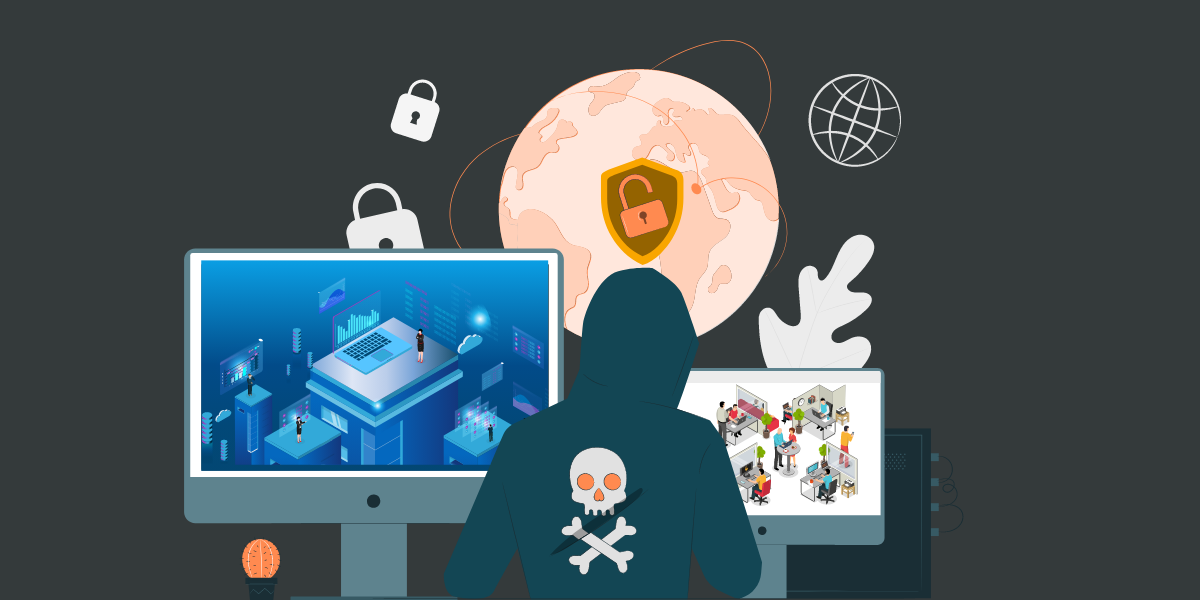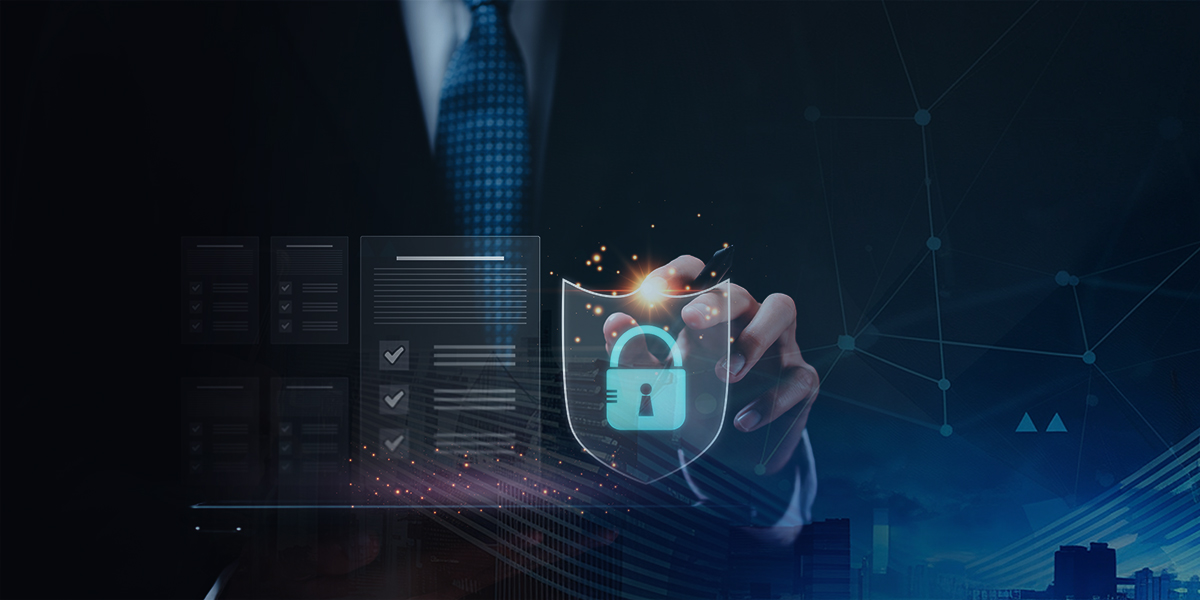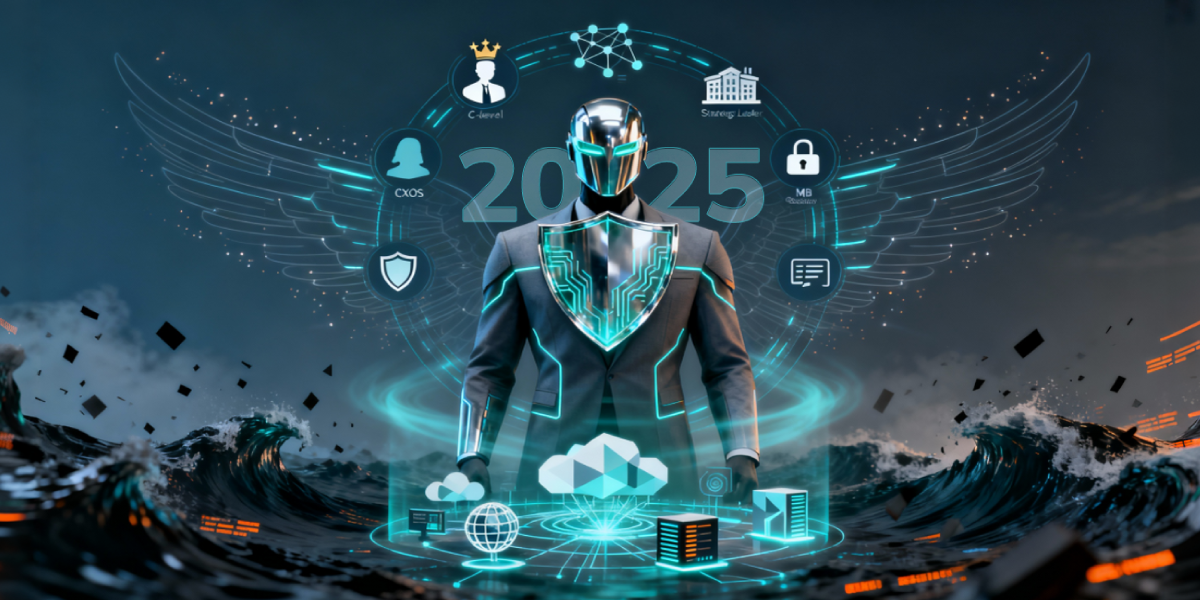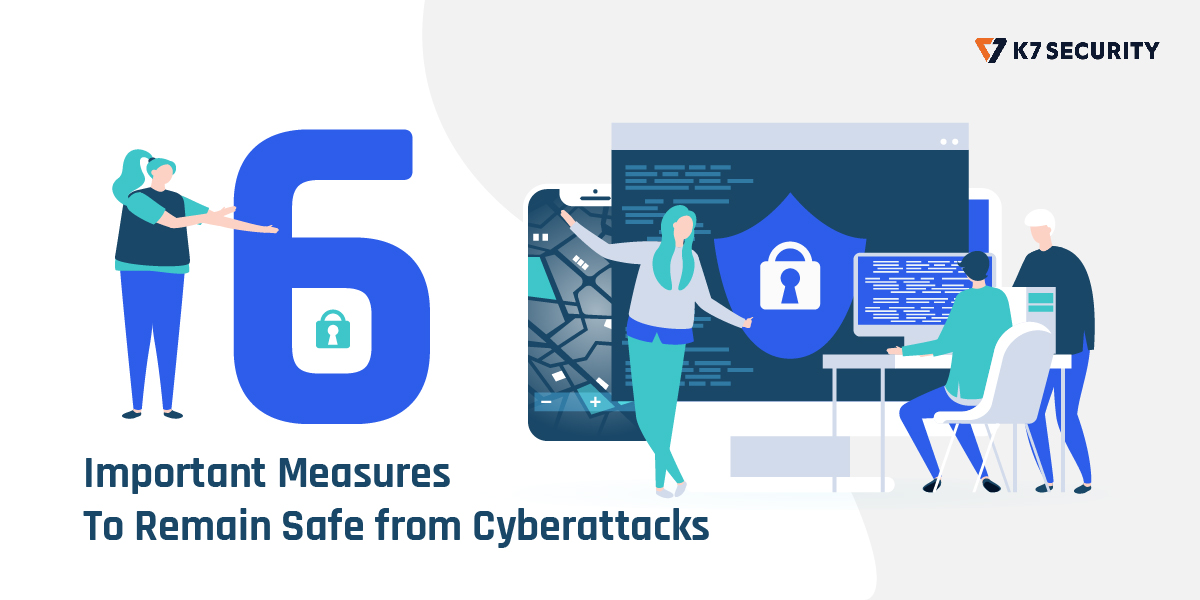Enterprises are mainly targeted because they have critical assets that can be exploited to either make money, defame the organization, etc.
Most often criminals target them to make money, steal credentials and other sensitive employee information, steal client info and possibly even steal their intellectual property which could be held at stake, causing monetary loss and bad reputation in their business circle. Figure 1 shows how the threat actors steal sensitive information from users.
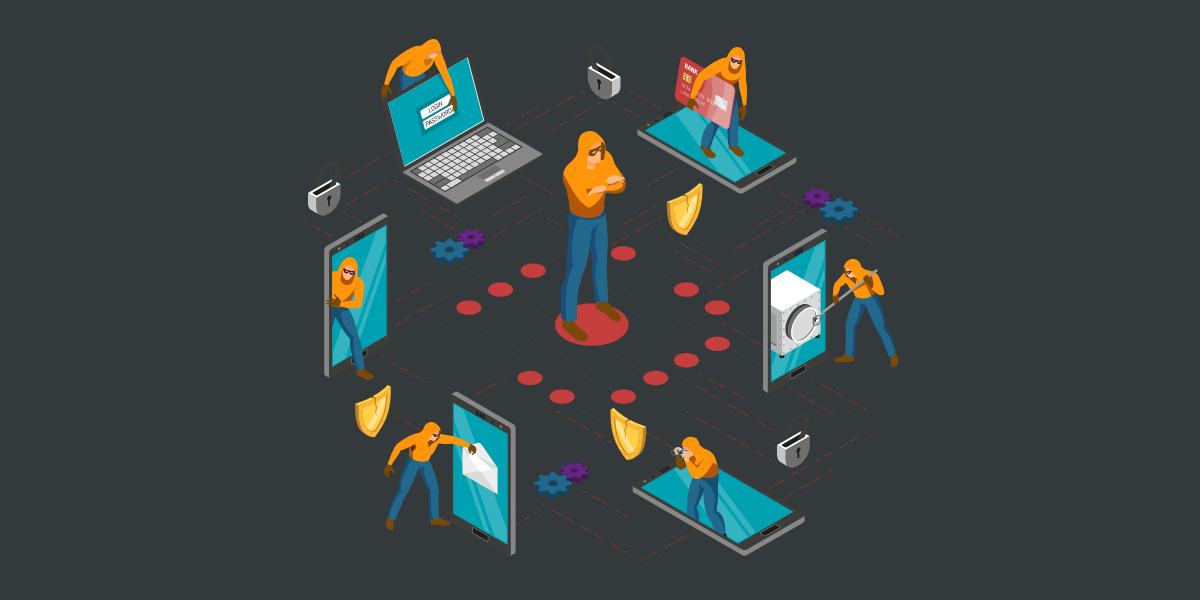
Figure 1: Depicts threat actors stealing sensitive information
At the same time, we should not ignore hacktivism and cyber espionage.
Types of Threats
So, coming to the threat actors, what do you foresee? Outsiders launching an attack to defame your business. So, you have geared up to protect your organization from external threats by installing firewalls, using a reputable AntiVirus such as K7 Endpoint Security, training your employees on cyber appropriate behaviour, and so on.
But “Hey, Stop” Are you sure you are safe from attacks? Guess we are missing something. Yeah, what about insider threats? Possible, Yeah, very much. Insiders would pose a greater risk to the organization. Do you know why? They not all know all the nitty-gritty of your organization; it is also very challenging at the same time to find the traitor because, who knows, it could be one of your most trusted employees. Such incidents occur because an insider would not only know all the cybersecurity features in place but also the yet to be fixed loopholes within your organization. Figure 2 depicts this scenario.
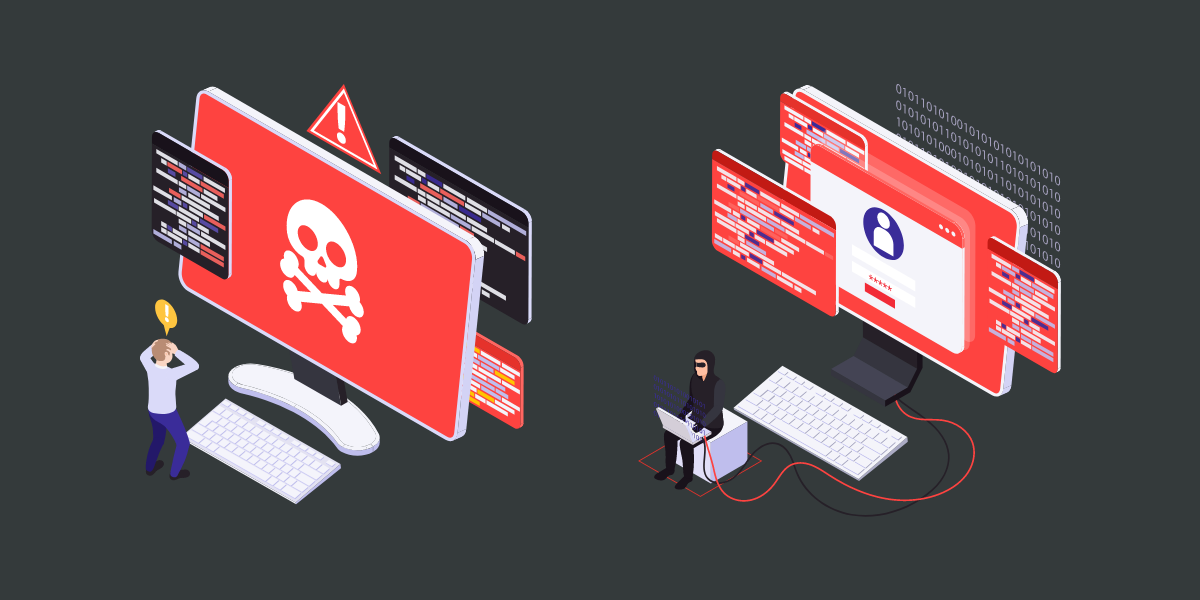
Figure 2: Depicts threats from both inside and outside the organization
The insider could be anybody – a disgruntled employee or an ex-employee who has been fired from his job or careless employees giving out information without knowing the organization’s rules and procedures.
Who is more likely to be vulnerable? Large Enterprises or SMBs
Let us now dive deeper into which business has to bear the brunt of attacks. Is it large enterprises or Small and Medium-Sized Businesses (SMBs)?
While threat actors will try to target large businesses, SMBs would be an easy catch for them. Let us see why.
Why are SMBs being targeted?
First of all, most of them are lax about cybersecurity and do not follow proper cybersecurity hygiene. It is not only because of the organization’s size; they feel the cost to invest in cybersecurity outweighs the risk of being attacked. This is not the usual case as SMBs could not only lose a lot of their critical data as they usually do not have a backup plan but also the trust among its customers and vendors, because of this mentality. Secondly, they could also be an access point to compromise the network of larger organizations mainly because most of the larger organization’s services are outsourced. Apart from this, CEO frauds are common among impostors targeting their businesses.
Tips to safeguard yourselves
- Ensure you train your employees about proper cybersecurity practices
- Secure your network
- Backup your data
- Encrypt your critical data
- Follow the principle of least privilege when you grant access to your employees
- Use a reputable AntiVirus product like “K7 Endpoint Security” to protect yourself and your customers. Also, ensure the product is licensed and kept up to date





